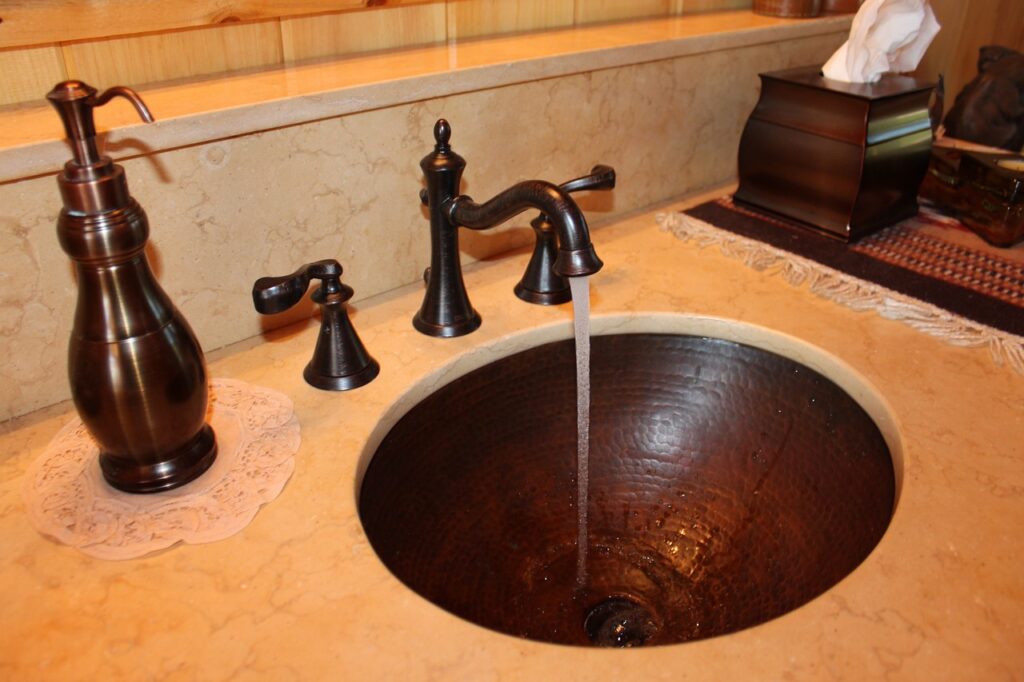A water heater is an essential appliance in every home, providing hot water for bathing, cleaning, and other daily activities. Regular maintenance of your water heater can extend its lifespan, improve energy efficiency, and prevent costly repairs or replacements. This comprehensive guide offers essential water heater maintenance tips that every homeowner should know, empowering you to ensure optimal performance and reliability from your water heating system.
Contents
Importance of Water Heater Maintenance
Regular maintenance is crucial for water heaters due to several reasons:
- Extended Lifespan: Proper care can significantly prolong the life of your water heater.
- Energy Efficiency: Regular maintenance helps maintain efficiency, reducing energy costs.
- Safety: Ensures safe operation by preventing potential hazards like leaks or malfunctions.
- Cost Savings: Prevents costly repairs or premature replacement of the water heater.
Types of Water Heaters
Before diving into maintenance tips, it’s essential to understand the type of water heater you have:
- Traditional Tank Water Heaters: Store a large volume of hot water in an insulated tank.
- Tankless (On-Demand) Water Heaters: Heat water directly without the use of a storage tank.
Each type may have specific maintenance requirements, although many tips are applicable to both.
Water Heater Maintenance Tips
Implement these maintenance practices to keep your water heater running efficiently:
**1. Check the Temperature Setting:
- Method: Set the water heater temperature to 120 degrees Fahrenheit (49 degrees Celsius) to prevent scalding and reduce energy consumption.
- Importance: Lowering the temperature reduces energy usage and extends the life of the tank.
**2. Test the Pressure Relief Valve:
- Method: Lift and release the lever on the pressure relief valve to ensure it operates smoothly and releases water. If no water comes out or the valve is stuck, replace it immediately.
- Importance: Prevents excessive pressure buildup inside the tank, which can lead to leaks or tank rupture.
**3. Drain and Flush the Tank Annually:
- Method: Connect a hose to the drain valve at the bottom of the tank. Turn off the power or gas supply, then open the valve and drain several gallons of water until it runs clear.
- Importance: Removes sediment buildup that can reduce efficiency and cause corrosion, prolonging the tank’s life.
**4. Inspect the Anode Rod:
- Method: Periodically check the anode rod (usually made of aluminum or magnesium) by loosening the hex head screw and inspecting the rod. Replace it if it’s corroded or less than 1/2 inch thick.
- Importance: Protects the tank from rust and corrosion by attracting corrosive elements, extending the tank’s life.
**5. Check for Leaks and Corrosion:
- Method: Inspect around the tank and connections for signs of leaks, rust, or corrosion. Address any issues promptly to prevent water damage or tank failure.
- Importance: Early detection of leaks prevents costly repairs and potential water damage.
**6. Insulate Hot Water Pipes:
- Method: Insulate exposed hot water pipes with foam pipe insulation to reduce heat loss and improve energy efficiency.
- Importance: Reduces energy costs and helps maintain hot water temperature during distribution.
**7. Maintain Clearance Around the Heater:
- Method: Ensure there’s at least 2 feet of clearance around the water heater for proper ventilation and access for maintenance.
- Importance: Allows for adequate airflow, reducing the risk of overheating and improving heater efficiency.
**8. Check the Sacrificial Anode:
- Method: For older water heaters, especially those with steel tanks, check the sacrificial anode rod annually. Replace it if it’s significantly corroded to prevent tank corrosion.
- Importance: Extends the life of the water heater by protecting the tank from rust and corrosion.
**9. Inspect the Flue System (Gas Heaters):
- Method: For gas water heaters, inspect the flue system annually for signs of corrosion, leaks, or blockages. Ensure proper venting to prevent carbon monoxide buildup.
- Importance: Ensures safe operation and efficient combustion of gas, minimizing health and safety risks.
**10. Schedule Professional Maintenance:
- Method: Consider scheduling annual professional maintenance by a licensed plumber. They can perform comprehensive checks, adjustments, and cleanings that may not be feasible for homeowners.
- Importance: Professional maintenance ensures thorough inspection and extends the longevity of your water heater.
Conclusion
By following these water heater maintenance tips, you can ensure your water heating system operates efficiently, reliably, and safely for years to come. Regular inspection, cleaning, and minor adjustments can prevent major problems, reduce energy consumption, and save you money on repairs or replacements. Remember, a well-maintained water heater not only provides comfort but also contributes to a more sustainable and efficient household. Invest in your water heater’s longevity and performance with proactive maintenance practices today.










